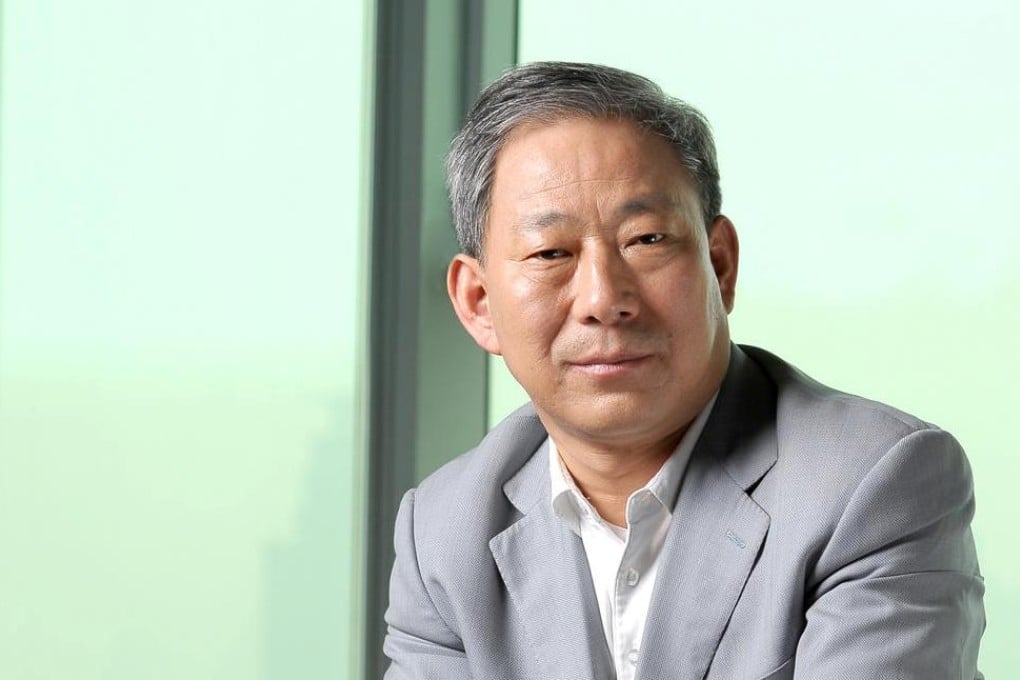Construction tycoon Yan Jiehe on a mission to improve China's image
Construction tycoon Yan Jiehe, known for his plain-speaking style, is on a mission to improve the international image of Chinese private enterprises

No longer shy at counting himself among the mainland's biggest private entrepreneurs, Yan Jiehe appears comfortable when selling his business philosophy.

The founder of China Pacific Construction Group, the builder for a batch of mega projects including the Shanghai-Nanjing Expressway and the Jiangyin Yangtze River Bridge, bills himself as a Lei Feng-style citizen, devoted to the public interest.
"Lei Feng is no match to Yan Jiehe," Yan said. "I would describe myself as a 'grandson' of the Chinese people and I will do my best to serve them."
Lei Feng was a Mao Zedong-era soldier, used by the Communist Party as a poster boy for selfless giving, modesty, dedication and other good qualities.
When China Pacific Construction made the Fortune Global 500 list for the first time this year, Yan felt he was in a position to appeal to the mainland's business people for patriotism.